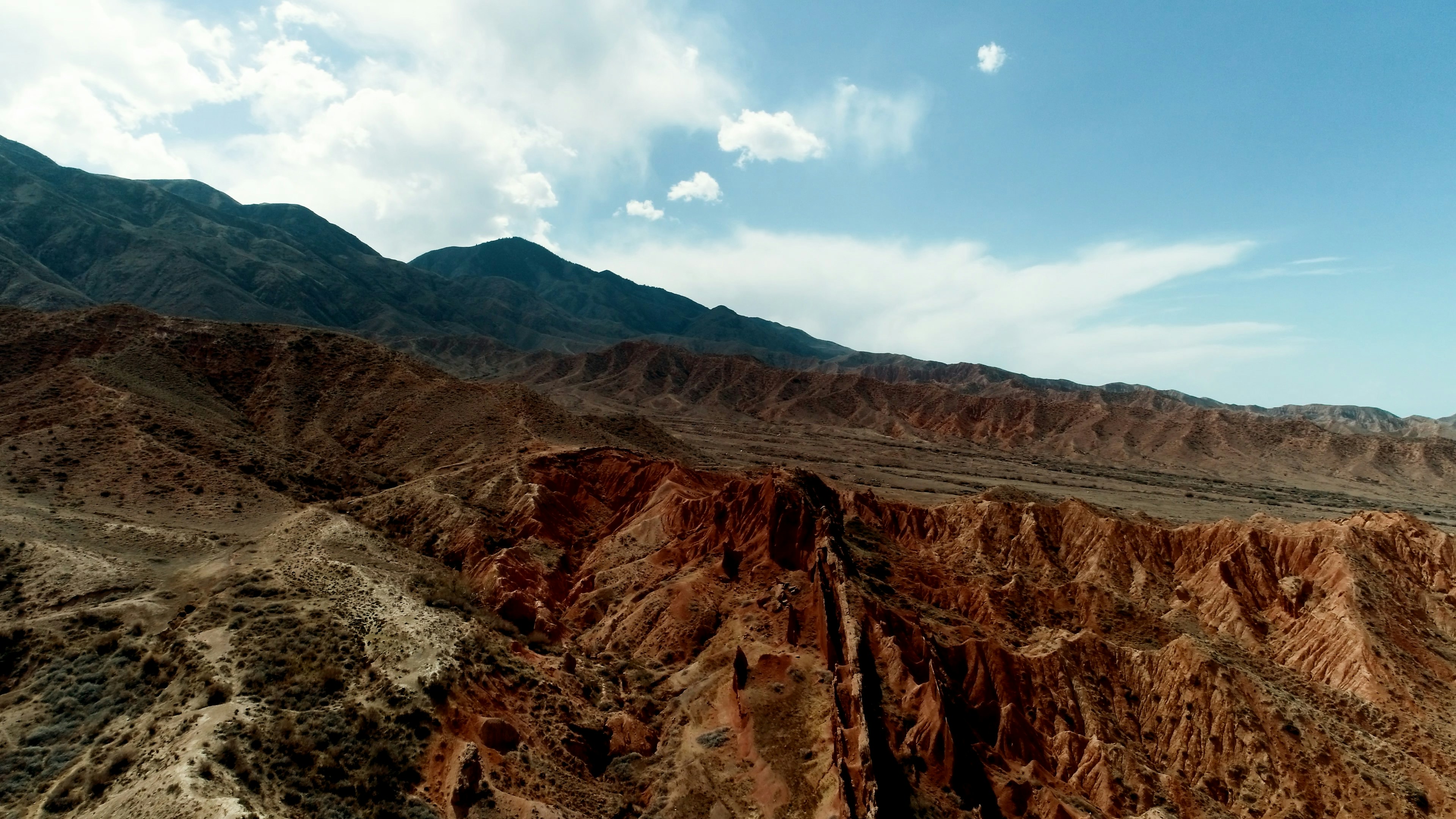Energy Transition Minerals: Geopolitical Risks And Ethical Dilemmas

The global push for clean energy has created an unprecedented demand for critical minerals like lithium, cobalt, and rare earth elements. These materials are essential for renewable energy technologies, including batteries for electric vehicles, wind turbines, and solar panels. However, sourcing these minerals comes with significant challenges. Geopolitical risks and ethical dilemmas are complicating access to these resources, making it difficult for investors to capitalize on lucrative opportunities without encountering substantial hurdles.
The Role of Critical Minerals in the Energy Transition
Critical minerals are the backbone of the clean energy revolution. Lithium powers electric vehicle batteries, cobalt enhances battery efficiency, and rare earth elements are crucial for wind turbines and other high-tech applications. As nations strive to meet decarbonization goals and achieve energy independence, demand for these minerals has skyrocketed. However, the concentration of these resources in specific regions adds layers of complexity to their procurement.
Geopolitical Risks in Energy Transition Minerals
One of the biggest challenges facing the energy transition mineral market is the geographic concentration of resources in politically unstable or strategically competitive regions. For example:
- Cobalt: More than 70% of global cobalt supplies come from the Democratic Republic of Congo (DRC), a nation plagued by political instability and conflict.
- Rare Earth Elements: China controls over 80% of the world’s rare earth processing capabilities, giving it significant leverage in global supply chains.
Geopolitical tensions, particularly between the U.S. and China, further complicate access. Western nations are working to diversify supply chains to reduce dependence on China, but this effort is costly and time-consuming. Additionally, resource nationalism—where countries prioritize domestic use or impose export restrictions—adds another layer of risk, as seen in Indonesia's restrictions on nickel exports.
For investors, navigating these geopolitical dynamics requires careful risk assessment and strategic planning to avoid disruptions and losses.
Ethical Dilemmas in Mining and Sourcing
The extraction of critical minerals often raises significant ethical concerns, particularly in regions with weak regulatory frameworks.
- Human Rights Violations: In the DRC, artisanal mining—a major source of cobalt—is often associated with child labor, unsafe working conditions, and exploitation of local communities.
- Environmental Degradation: Mining operations can devastate ecosystems, pollute water sources, and displace local populations.
These issues create reputational risks for companies and investors involved in the sector. Efforts to improve transparency and accountability in supply chains are underway, such as the OECD Due Diligence Guidance and certification programs for responsibly sourced minerals. However, these measures are not yet universally adopted, leaving significant gaps.
Implications for Investors
Investing in energy transition minerals presents a dilemma: the financial rewards are high, but so are the risks. The sector offers significant growth potential, driven by the global demand for renewable energy technologies. However, investors must balance short-term profitability with long-term ethical and reputational considerations.
To mitigate these challenges, investors can adopt several strategies:
- Responsible Investing Practices: Focus on companies that prioritize sustainability and ethical sourcing.
- Support Technological Innovations: Back initiatives that improve the efficiency and environmental impact of mineral extraction and processing.
- Engage in Multi-Stakeholder Partnerships: Collaborate with industry groups and NGOs working to promote fair practices in mining regions.
Global Policy and Industry Efforts
Efforts to address the challenges of sourcing critical minerals are gaining momentum. International initiatives, such as the U.S.-EU Trade and Technology Council, aim to strengthen supply chain resilience and promote ethical sourcing. Meanwhile, Green Energy Partnerships are fostering collaboration between resource-rich and consuming nations to ensure fair and sustainable practices.
The industry itself is also stepping up. Companies are exploring alternatives such as urban mining (recycling minerals from electronic waste) and investing in technologies that reduce reliance on traditional extraction methods. These efforts, while promising, are still in their infancy and require substantial investment and global cooperation.
Conclusion
The energy transition relies heavily on critical minerals, making them a key component of the clean energy future. However, geopolitical risks and ethical dilemmas present significant barriers to accessing these resources. Investors must navigate a complex landscape, balancing the potential for high returns with the challenges of sustainability and responsibility.
As demand for these materials continues to grow, global cooperation and innovation will be essential to address these issues. By prioritizing ethical practices and supporting sustainable solutions, investors and stakeholders can ensure that the energy transition is not only profitable but also equitable and environmentally responsible.
Author: Gerardine Lucero
Copper's Comeback: Inside BHP And Lundin's Argentine Asset Acquisition
Copper, often dubbed "the metal of electrification," is experiencing a resurgence in demand due to its critical role in ... Read more
Revitalizing Commodities: How Clean Energy Is Breathing New Life Into A Stagnant Market
The commodities market, traditionally a cornerstone of investment portfolios, has experienced a decade of stagnation. Ho... Read more
European Airports Disrupted By Escalating Climate Protests
Climate activists have escalated their protests at European airports, blocking runways and causing flight disruptions in... Read more
Hungary's Russian Oil Dilemma: Why Brussels Is Cautious In Offering Support
Hungary's reliance on Russian oil has led it to seek support from Brussels to ensure continued access to this crucial en... Read more
Unveiling China's Secret Commodity Stockpiles: What Lies Ahead?
Xi Jinping's extensive reserves of grain, natural gas, and oil hint at future challenges.In a move shrouded in secrecy, ... Read more
Copper Miners Brace For Industry Overhaul As End Users Seek Direct Deals
The copper mining industry is bracing for a significant overhaul as end users, including cable manufacturers and car com... Read more

